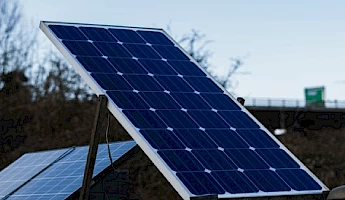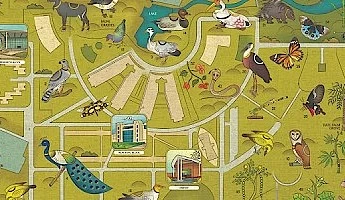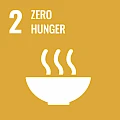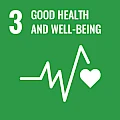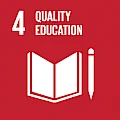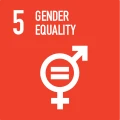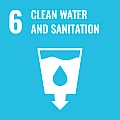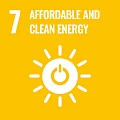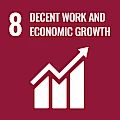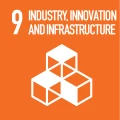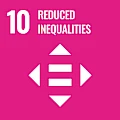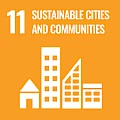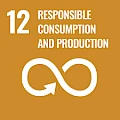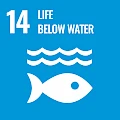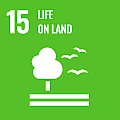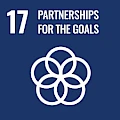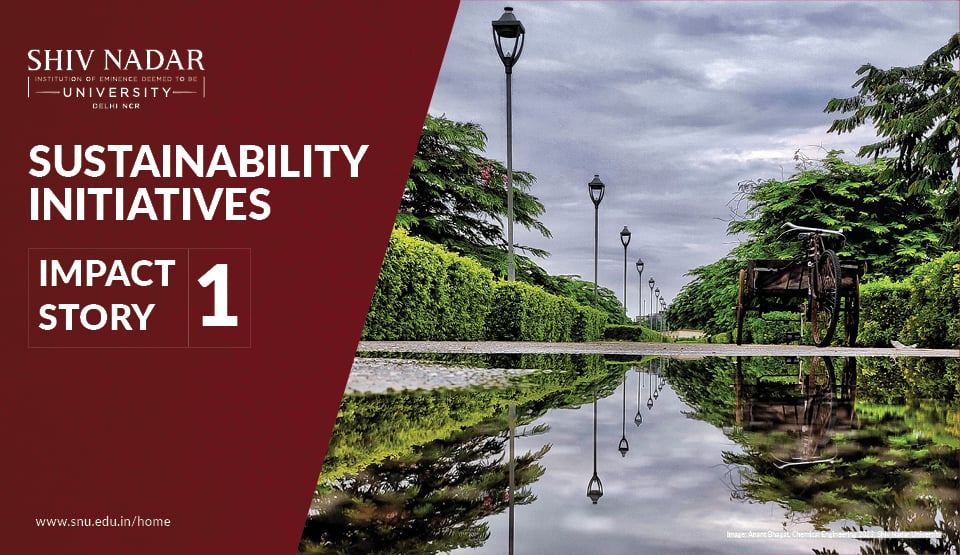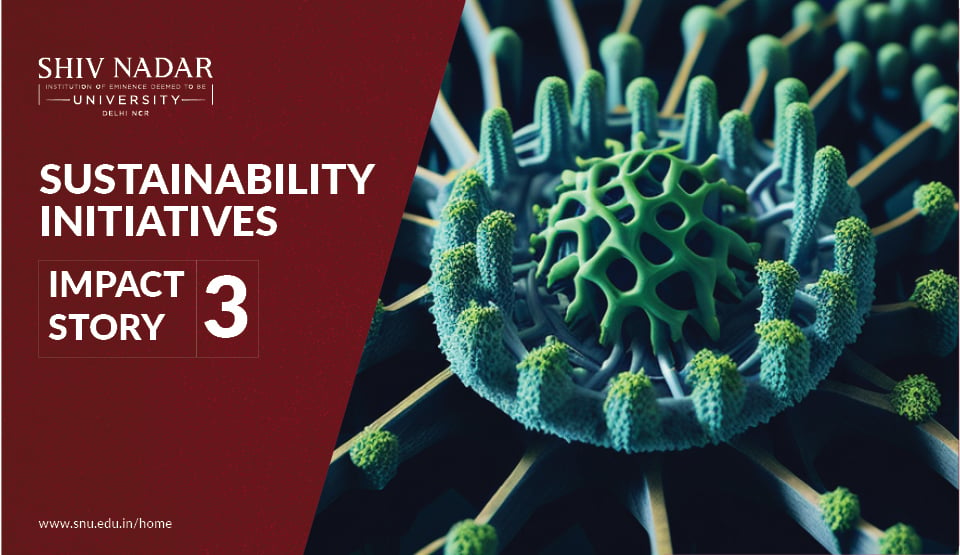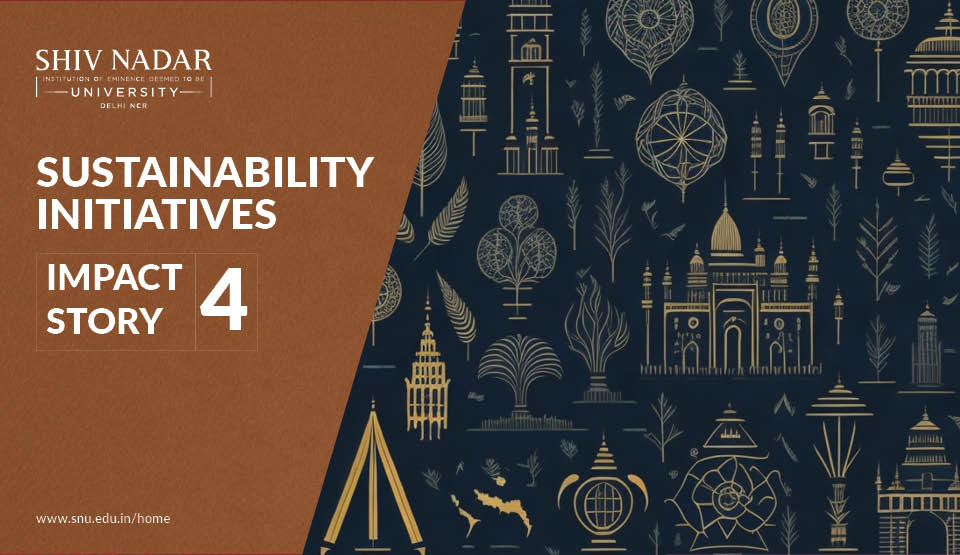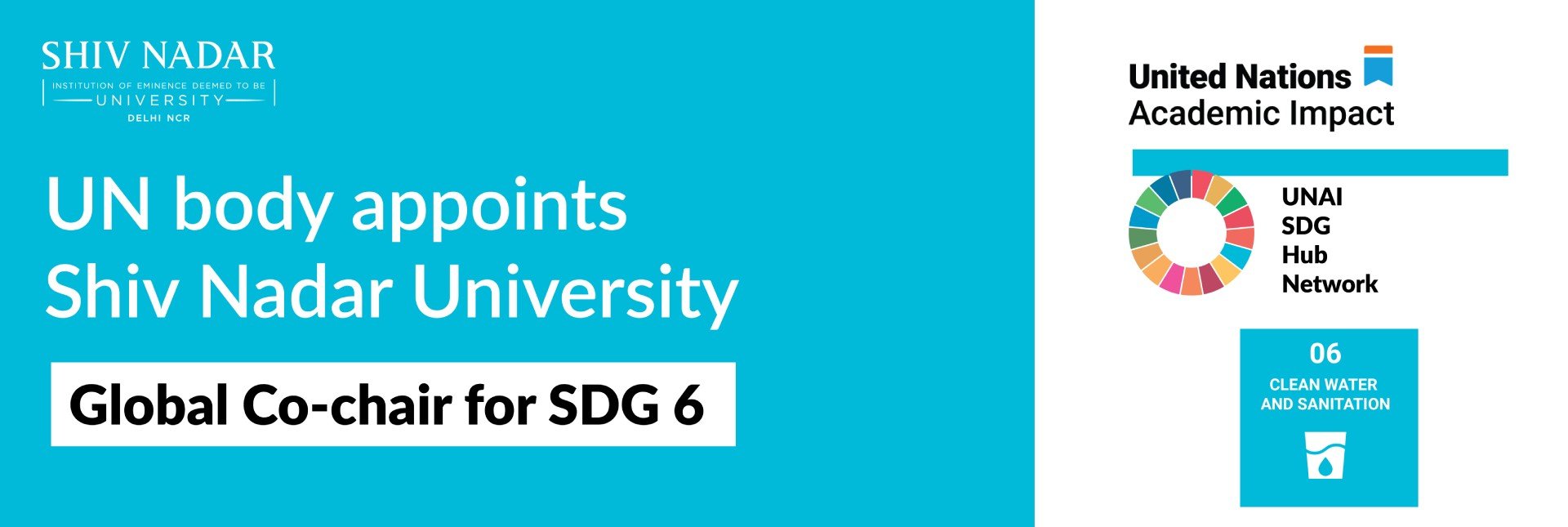
UN Sustainable Development Goals Reports
Sustainability Impact Stories
We bring you some of our impact stories through our sustainability initiatives. The stories feature our faculty, their research, and students creating a difference and contributing to UN Sustainable Development Goals (SDGs).
Sustainibility Initiatives
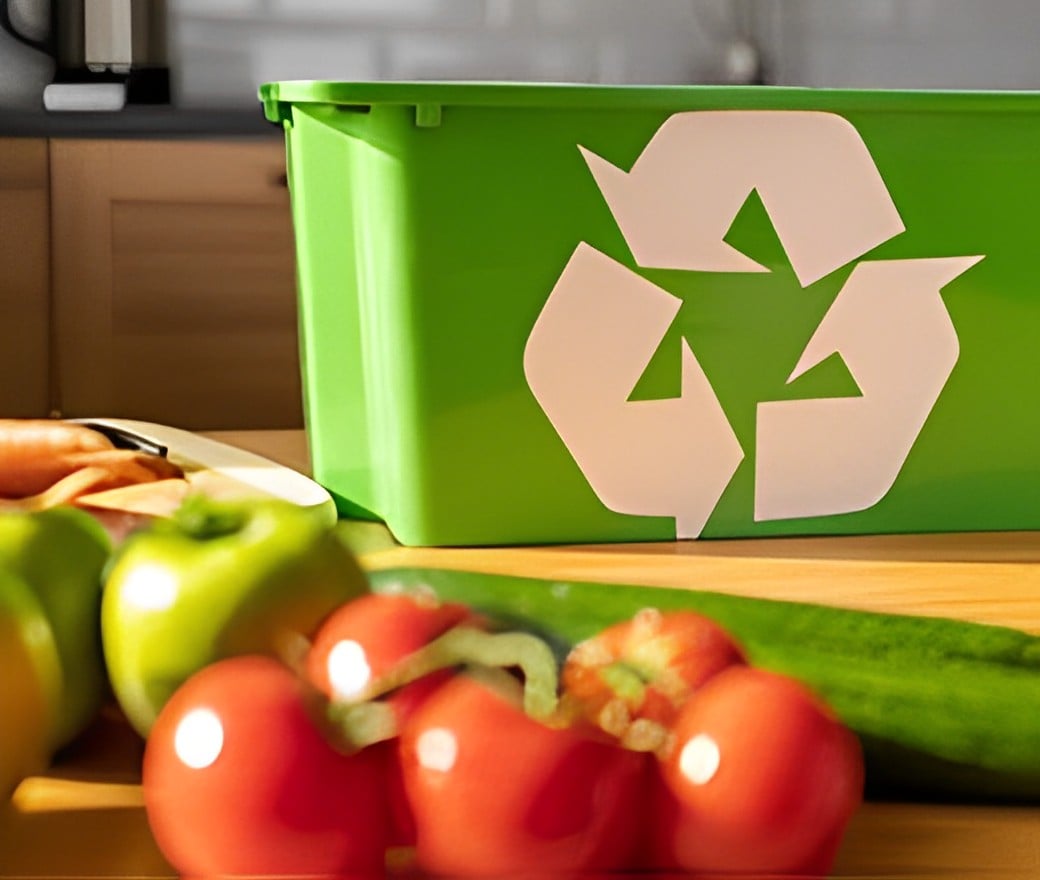
Sustainable Agriculture
We contribute to sustainable agriculture through teaching and research on agriculture, food sustainability, hunger, malnutrition, and our campus operations. We are committed to monitoring and tackling food wastage and addressing hunger among local communities through engagement and advocacy.
Water conservation
We are committed to conservation of water and its sustainable management. The university's infrastructure is designed and implemented to avoid contamination, avoid waste, loss in transit, and enhanced reuse. We track the water use and reuse through measurement and maintenance of logs, and conduct analysis to identify opportunities and undertake initiatives for continual improvement. The data is annually submitted as a compliance requirement.
- Shiv Nadar University Campus Water Management and Reuse Policy
- 60+ arid and semi-arid plant species planted in Shiv Nadar University’s Thematic Botanic Garden
- M.Sc. in Water Science and Policy
- Water Science and Policy SNU-IDRC Technical Report
- Water Science and Policy student field work
- Water Conscious Buildings – Water conservation in plumbing design
- Systematic Water Metering
- Water Conservation in Wider Communities

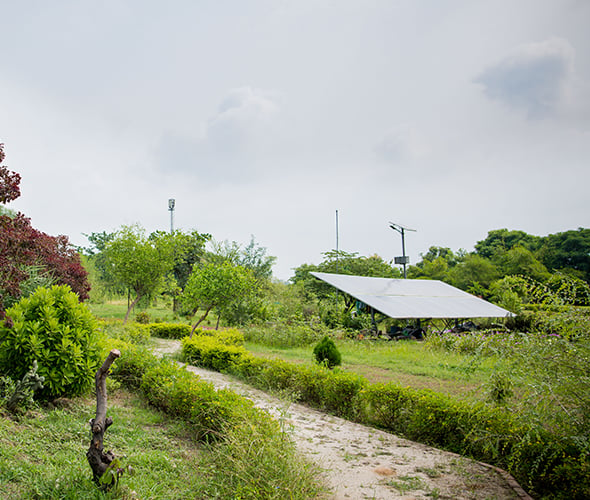
Solar energy
The university has a very ambitious plan to increase its solar power production from its current 430 KW capacity to 1150 KW by December 2023. This will reduce the use of non-renewable sources of energy by 30-35 percent. Leading by example, the university has set up infrastructure to promote the use of solar energy. The university has a very audacious plan to increase its solar power production to reduce the use of non-renewable sources.
Energy conservation
We are committed to judicious energy usage and energy optimization. We review energy use on a continual basis and identify the opportunities for improvement which are then implemented. A full analysis of energy consumption is reported on a monthly basis in the “Energy Performance Index Report” (since 2019). Taking 2019 as the base year for comparative analysis, this report documents the consumption of energy in each building. Accordingly, corrective measures are taken to reduce wastage on a continuous basis.
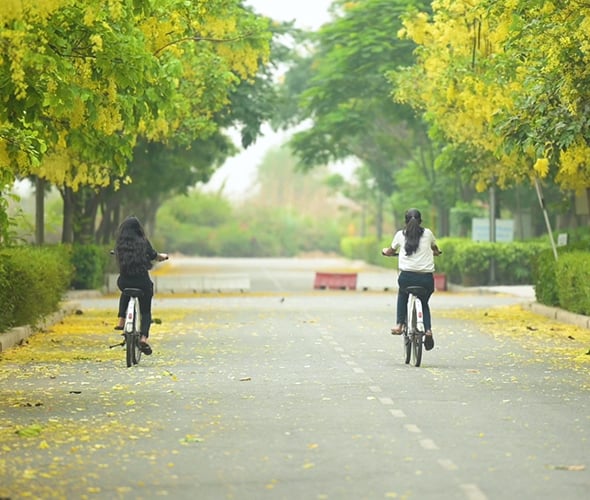
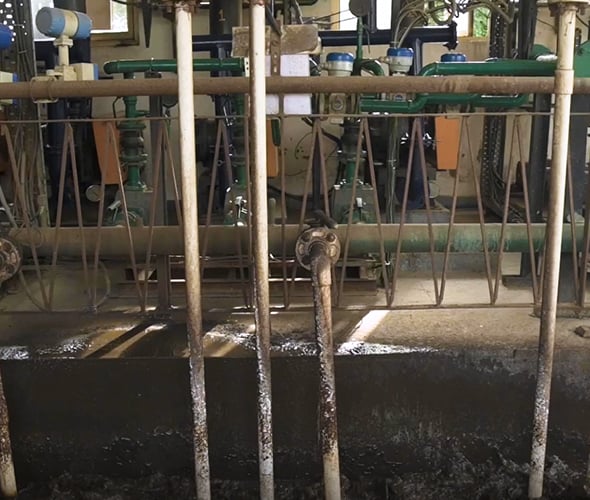
Sewage treatment with latest technology
We have a sewage treatment plant with latest technology. The sewage water is treated with Membrane Bio Reactor (MBR) technology. The treated water is also passed through a UV reactor before storing it in a treated water tank.
Sustainable buildings
All buildings in the university campus are certified by the Indian Green Building Council (IGBC) or Leadership in Energy and Environmental Design (LEED). Several buildings, including the sports complex are LEED Gold certified and several others are awaiting gold certification.
The main feature of sustainable building are
- Energy Efficiency.
- Renewable Energy Generation.
- Water Efficiency.
- Stormwater Management.
- Superior Indoor Environment.
We have all these features built into in our building design; our practices to operate these buildings are towards conservation and sustainability.
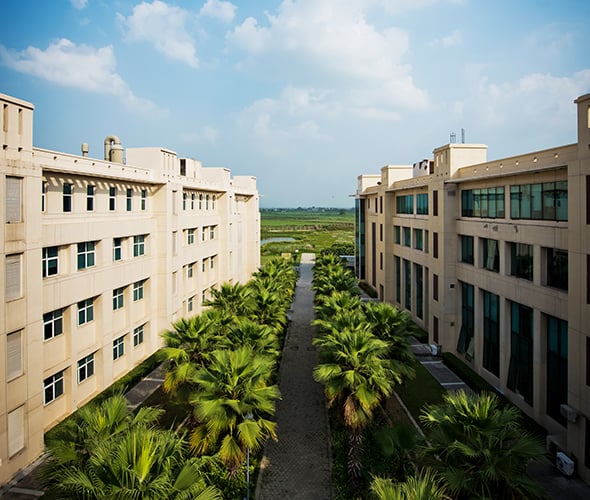
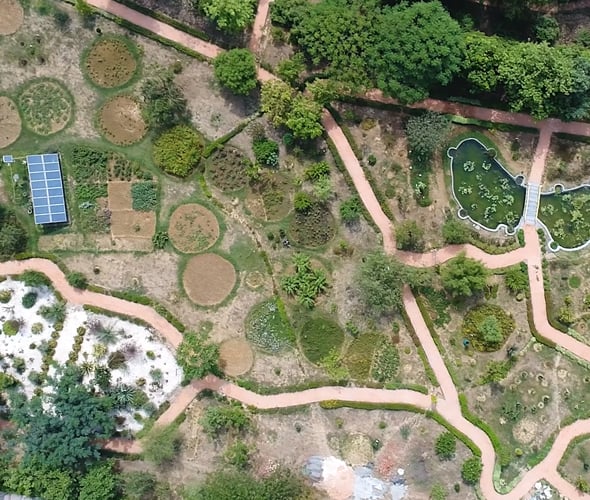
Carbon footprint
We measure our carbon footprint for Scope-1 (Direct emissions), Scope-2 (Purchased electricity), and Scope-3 (Indirect emissions). Taking the cumulative value of the carbon footprint (CFP) for Scope 1, 2, & 3 together. Our Scope 1 emissions in 2023–24 dropped significantly by 64.6% compared to the previous year's. For Scope 3, the emissions dropped by 45.8%. One of the major highlights this year is a 270% rise in renewable energy generation between the years 2019-20 to 2023-24.
Adoption of Green Area
We have signed a Memorandum of Understanding (MoU) with the Greater Noida Industrial Development Authority (GNIDA) on June 2, 2019. Under this MoU, the University has agreed to adopt the green area on behalf of GNIDA. This area is called Veer Savarkar Chowk.
Since then, we have developed and maintained the green area, cultivating flower beds, trees, shrubs, and community gardens. Besides, we have regularly maintained the area by raking leaves, picking up litter, removing graffiti, pulling weeds, and bearing the total cost of this maintenance.
To date, we have planted 160 trees, 1107 shrubs, and 5175.63 sqm of grass with a survival rate of 95%


Environment, Health and Safety Management System
The University has an active and robust EHS policy with the idea of embedding sustainability in its institutional practices. The policy aims to make effective and efficient use of university resources; minimize any adverse environmental impact; comply with relevant legislation, and encourage the university community to develop a sustainable approach to their work and lifestyle. The EHS policy applies at each stage of development of academics and extracurricular activities as well as services, from research to full-scale operation, in all its domains. Recognizing our community as an important asset, we are committed to providing safe and healthy working conditions for students, teachers, researchers, staff, and those visiting the campus.


